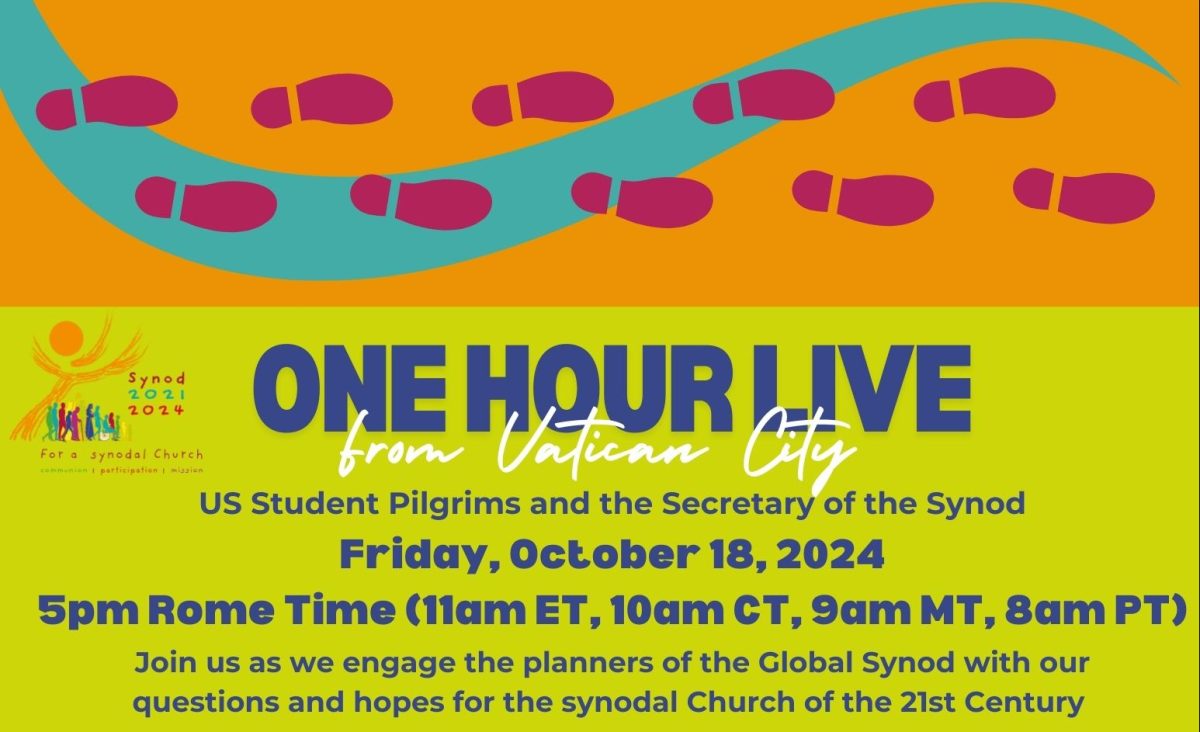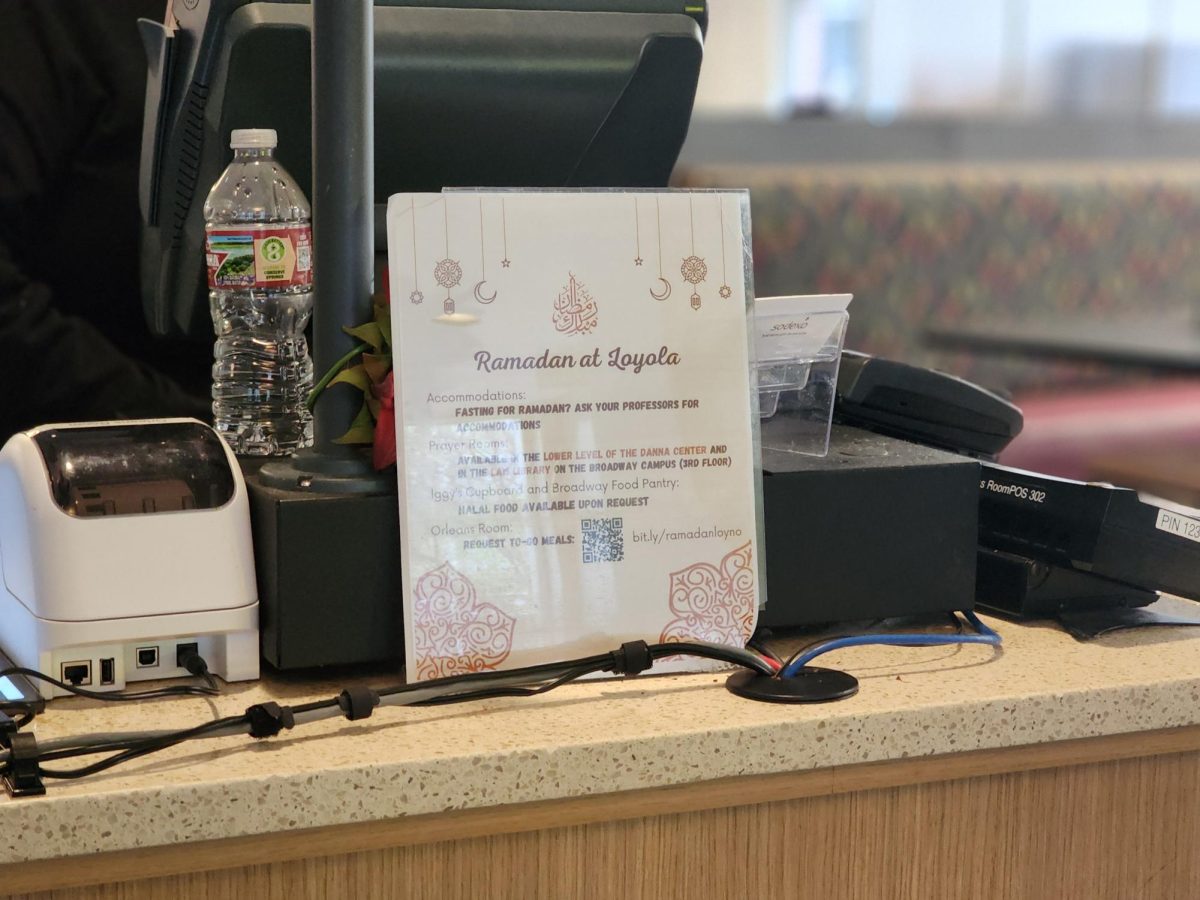I was an engaged member of my spiritual community before I came to college, yet nothing has been healthier for my personal growth than coming to Loyola and exploring its spiritual circles.
I wouldn’t have called myself a strict Sunday devotee before experiencing the universal love which I attribute to the Spirit on a day-to-day basis, but I certainly wasn’t seeing God in all things. I might have felt closer to God during weekly select services, but I was often too distracted by the approaching week to tap into the meditative benefits of going to church.
Summer mission trips and church conventions were where I felt most connected to my spiritual side, but those feelings had life spans unfortunately relative to their week-long catalysts.
In those weeks, where every day felt like Sunday, I was happier and more at peace with myself and the world around me than on Sundays back home. We worshipped in the mornings, broke into small groups in the afternoons to discuss the mornings’ lesson and always wrapped up the day by intimately sharing our thoughts and ideas together.
I felt safe to explore and question my beliefs. High school summers were therefore characterized by short spurts of powerful spiritual maturation.
Once autumn set in, despite my best intentions, I couldn’t hold onto my summer fervor. Those periods of growth were always followed by devastatingly stagnant periods in which work and secular life took over.
There is nothing wrong with acknowledging faith in a limited time frame. However, I have found that the best way for me to feel blessed is to recognize the blessings I’ve received in the moment, as opposed to belatedly thanking God for
all that His grace has given me.
The union of my everyday life and my time spent with God has allowed me to live my faith as I have been called.
Practicing gratitude unabashedly has changed my entire outlook. I am confident enough to express my thanks for the gifts in the supportive religious community that Loyola has provided.
I realized that my former religious life, cloaked in tradition and repetition and sustained by familial or societal expectations, was hardly spiritual. I have ironically been encouraged by the Loyola community to develop my individual faith beyond my association with a group of people.
I am no longer entirely dependent on my youth group or a crowd of worshipers of similar faiths to motivate me to make a joyful noise for God. There are so many people at Loyola with highly developed spiritual relationships who constantly inspire me to dig deeper. Without their example, I might not have achieved the familiarity with the Spirit I have worked to nurture.
My relationship with God is now more like a friendship that I take comfort in, though I have only begun to open my heart. I am excited to continue walking with God and am unend- ingly grateful to the passion that lights His path.







